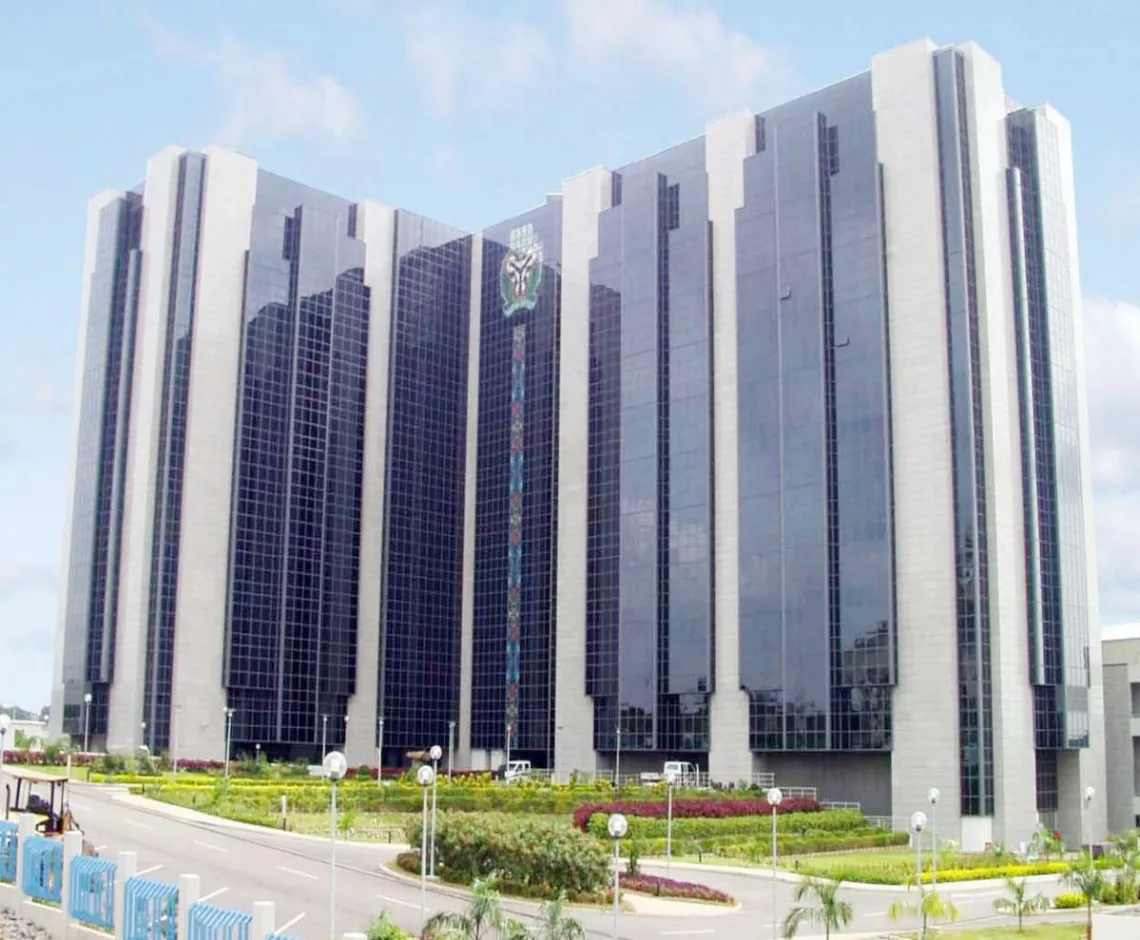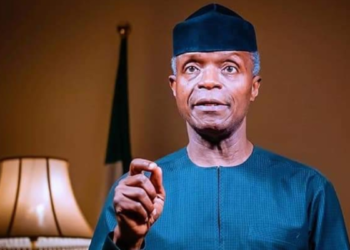The choice of the Nigerian President is as critical for the country as the appointments into key offices are to a new government. Two of the key offices that President Bola Ahmed Tinubu must appoint the right persons into, based on the current realities of Nigeria, and if his administration must succeed, are the National Security Adviser (NSA) and the governor of the Central Bank of Nigeria (CBN).
With regard to the NSA, the country has for too long ‘zoned’ the position to retired army Generals. Conventional wisdom would suggest that this is probably the direction to look. But, alas, this very traditional approach has not served the country well. Despite the military background of the NSAs, insecurity in the country has assumed multiple dimensions rather than generally abating.
It may not necessarily be that the retired Generals that have been so appointed were all incompetent. It is, rather, very likely that a sense of entitlement may be running deep in that ‘constituency’. This inevitably compromises performance. An ‘inside view’ of the security problems of the country by the retired Generals could also be limiting. But in several domains of decision-making, having an ‘outside view’ – also called the reference class approach – has worked better. For the new NSA, understanding the nation’s internal security challenges in the context of our social, economic, and cultural challenges are necessary.
This is why President Tinubu has to try a different option. In this regard, it is interesting that Mr. Nuhu Ribadu, a former senior police officer and pioneer Executive Chairman of the Economic and Financial Crimes Commission (EFCC), has been speculated as the choice of Mr. President for the NSA. His alternative credentials are quite strong for the role.
With regard to appointing the CBN governor, a paradigm shift is necessary. But first, is the imperative of appointing the right successor to the current CBN governor, Mr. Godwin Emefiele. Under its incumbent governor, the apex bank has not only spectacularly failed to deliver on its core mandates of monetary and price stability as well as issuance of legal tender currency, but it has also terribly malfunctioned. This has had serious and wide-ranging repercussions for the economy – including dwindled foreign investment inflows to the country. To reverse the apathy of foreign investors towards Nigeria, like the President said he would do in his inaugural speech, certain tendencies that recommended Emefiele for the position he currently occupies must be avoided.
Appointing a political loyalist to the position can badly backfire – both for the administration and the economy. The political calculation that was made in appointing Emefiele in 2014, barely a year to the 2015 presidential election, failed as President Goodluck Jonathan that appointed him was not re-elected. His appointee went on to surrender the independence of the CBN to entrenched interests that profited as the economy bled.
The second tendency to avoid is to appoint a regulated entity as a regulator of the industry where he or she would have developed entrenched interests. Therefore, the last two substantive CBN governors were appointed from their positions as bank CEOs. This is very risky. The likelihood of such a CBN governor to pursue vendettas against his or her previous competitors in the industry is considerable. So is conflict of interest, and the possibility of his or her continuing to be transactional in their new position.
The President should guard against these dangerous inclinations in appointing the next CBN governor. The right candidate is one that can command respect of various market participants and wider stakeholders, including the generality of Nigerians. This requires that such a candidate is locally- and internationally-recognised, has high intellectual capacity necessary for public policymaking. A professional profile with a strong combination of senior-level experience in international organisations, academia, and central banking makes such a CV very compelling.
What best serves the interest of President Tinubu is a CBN governor that can lead the central bank to clear success with regard to its core mandates. Although the CBN is statutorily independent, the President that appointed a performing governor of the bank would naturally share in the credit for the stellar performance. Also, a competent monetary authority would indirectly contribute to good fiscal policy performance.
Tolulope Agunbiade is an Ibadan-based public affairs commentator.





